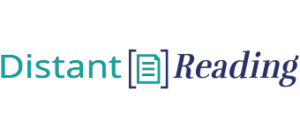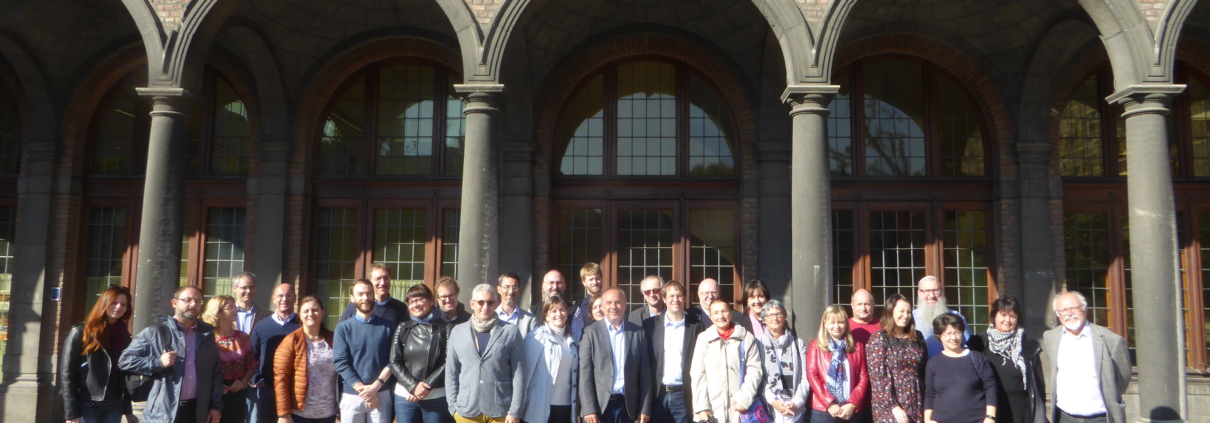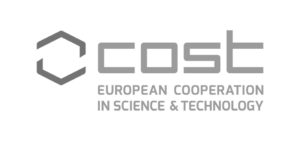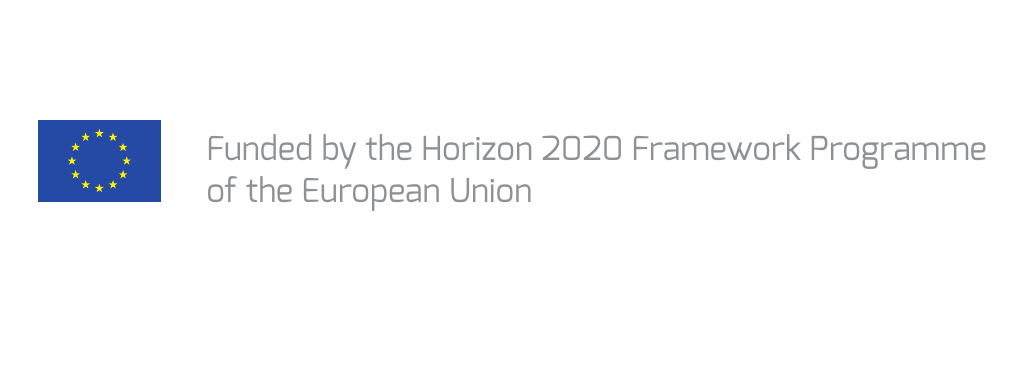Following our recent Action meetings in Antwerp, WG2 member and Chief Content Architect at Wolters Kluwer Germany, Christian Dirschl, offered the following thoughts on our project from his perspective as an Information Scientist working in an industrial setting.
At the beginning of October, I participated in the meeting of Working Groups 2 and 3 in Antwerp. I am an Information Scientist who usually works on legal information and not literary texts, so I considered myself as an outsider to this group. Still, I joined WG2 and was very curious about how the digital humanities is dealing with the specific challenges it faces.
I felt very welcome! Both from the people at the meeting, but also from the discussions that were going on, which sounded quite familiar to me.
There were discussions about the balancing act of enriching documents by human experts versus automatically by machines. Another angle was about offering basic technological infrastructure or aiming at sophisticated and complex algorithms, which might not reach the maturity level that would be required in an operational environment. And then, there were open questions: whether to head for a single technology that serves all languages, or whether dedicated mono-lingual tools would be superior in the end—with the drawback that the results would hardly be comparable across the whole corpus.
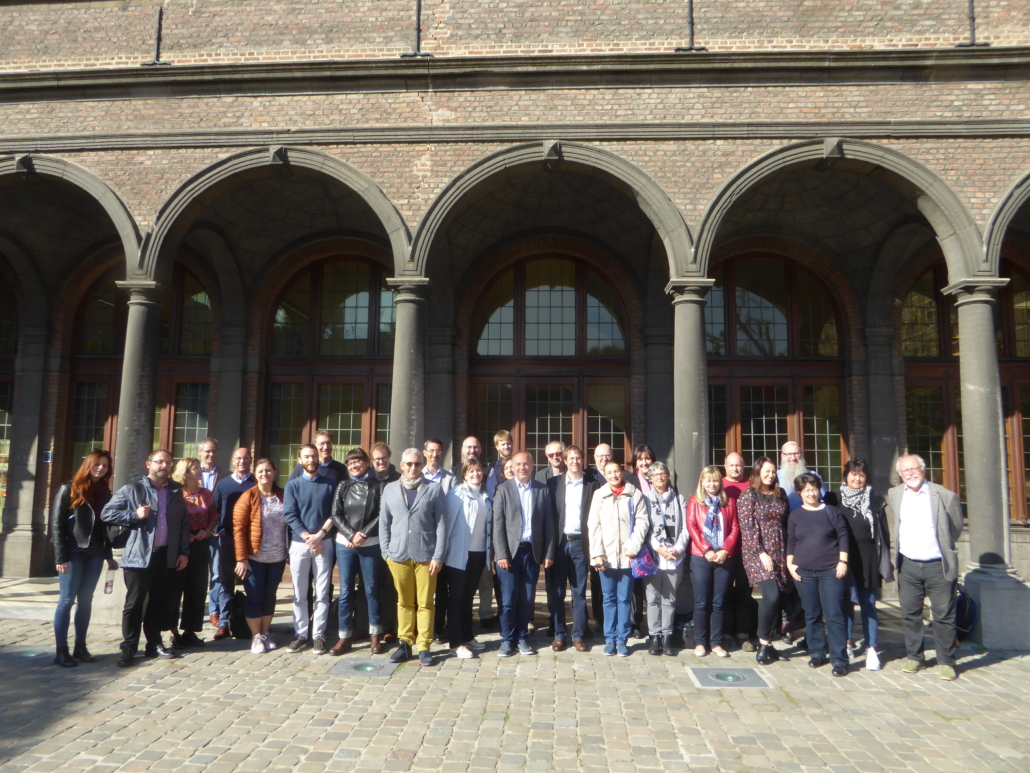
Members of our Action bask in the Antwerp sunshine after three days of meetings last week.
My own experience with these technologies is very similar and obviously, there is no right or wrong answer. A complex challenge requires a complex solution—or a magic wand!
Although Deep Learning sometimes appears to be this wand, it was clear from the start that its application area in this Action is important, but limited. So, other solution streams also need to be investigated. I am looking very much forward to seeing what the final decision will be.
The Action has an interesting and ambitious goal and there were enough dedicated experts around the table to make sure that quite a lot will be achieved within the limited available resources.
What I have learned in the last five years or so is that technical progress needs to be aligned to customer needs, or rather, in this case, researchers’ requirements. And I have the impression that academia in general is still very much on an exploratory path. Most of the times, this will lead to more knowledge, but less applicability. So my advice is to spend quite some time on a regular basis on whether the intermediate results show progress on current (!) research requirements and not only in general and then to adapt to this feedback, so that an optimal practical solution is finally achieved. This may sound odd for some researchers, but in my experience this is the most efficient way to go forward.
I really enjoyed the two days in Antwerp and I am looking forward to further collaboration in the future. All the best to the Action and its participants!
